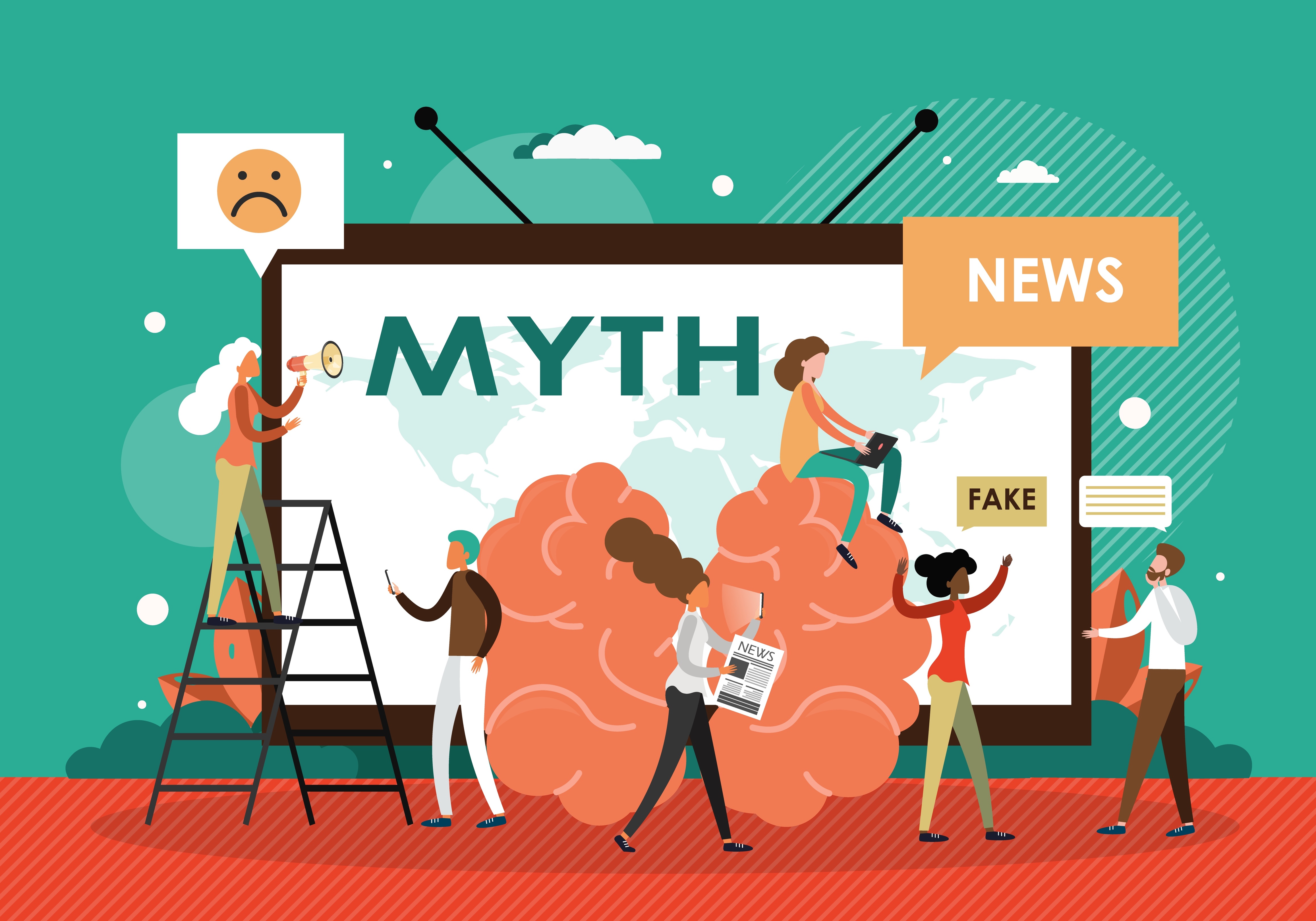Arizona law enforcement officials are bracing for heightened tensions ahead of the 2024 elections, where misinformation from the 2020 race continues to fuel threats and harassment against election workers and public officials.
Challenges remain in distinguishing between protected speech and criminal behavior, prompting calls for broader societal intervention to combat the normalization of threats against government officials. As threats against election workers increase nationwide, the Department of Justice is ramping up efforts to engage with state and national officials and address concerns about election security, emphasizing the importance of community involvement in combating misinformation.
Faculty experts at the George Washington University are available to provide context, commentary and analysis on the fear and implications of political violence in Arizona. If you would like to speak to an expert, please contact GW Media Relations Specialist Tayah Frye at tayah [dot] frye gwu [dot] edu.
gwu [dot] edu.
Political Violence
Andrew Thompson is an assistant professor of political science at George Washington University. His research studies how racial demographic changes alter political perceptions and democratic commitments. Further, he explores how racial demographic changes motivate stronger support for anti-democratic practices among the American public. He shows that partisan considerations are central to understanding how Americans process information about the changing U.S. demographic landscape, and how supportive they are of anti-democratic policies.
Matt Dallek, a professor at GW’s Graduate School of Political Management, is a political historian with expertise in the intersection of social crises and political transformation, the evolution of the modern conservative movement, and liberalism and its critics. Along with four co-authored books, Dallek is the author of Birchers: How the John Birch Society Radicalized the American Right, which explores the history and influence of America’s right-wing activism.
Jon Lewis is a research fellow at the GW Program on Extremism. He studies domestic violent extremism and homegrown violent extremism, with a specialization in the evolution of white supremacist and anti-government movements in the United States and federal responses to the threat. Lewis is the co-author of two major Program reports on the events of January 6th, as well as numerous long form publications on the Proud Boys and Oath Keepers and their role in the events of January 6th.
Misinformation/Disinformation
Ethan Porter is an Associate Professor of Media and Public Affairs and of Political Science at George Washington University. He holds appointments in the School of Media and Public Affairs and the Political Science Department and is the Cluster Lead of the Misinformation/Disinformation Lab at GW's Institute for Data, Democracy and Politics. His research has appeared or is forthcoming in Proceedings of the National Academy of Sciences, Journal of Politics, British Journal of Political Science, Political Behavior, Political Communication and other journals.
Neil Johnson, professor of physics, leads a new initiative in Complexity and Data Science which combines cross-disciplinary fundamental research with data science to attack complex real-world problems. He is an expert on how misinformation and hate speech spreads online and effective mitigation strategies. Johnson recently published new research on bad-actor AI online activity in 2024. The study predicts that daily, bad-actor AI activity is going to escalate by mid-2024, increasing the threat that it could affect election results.
David Broniatowski, an associate professor of engineering management and systems engineering and the associate director for the Institute for Data, Democracy & Politic at the George Washington University. Broniatowski is also GW’s lead principal investigator of the NSF-funded institute called TRAILS that explores trustworthy AI. He conducts research in decision making under uncertainty, collective decision making, the design and regulation of complex information flow systems, and how behavior spreads online. Broniatowski can discuss a number of topics related to AI’s role and use in spreading misinformation as well as efforts to combat misinformation online, including the challenges of tackling misinformation and how messages spread.
-GW-


